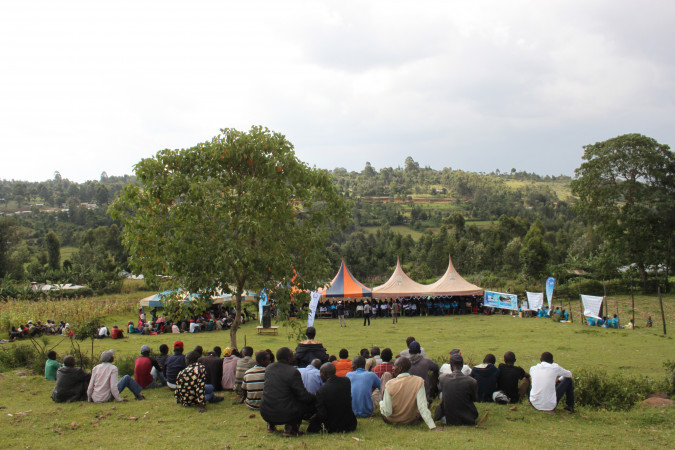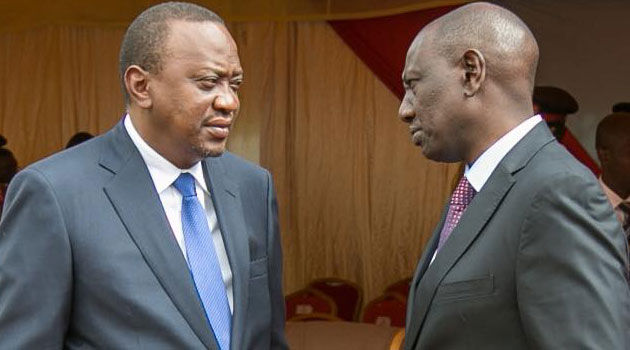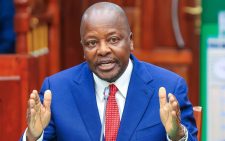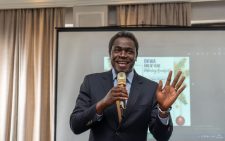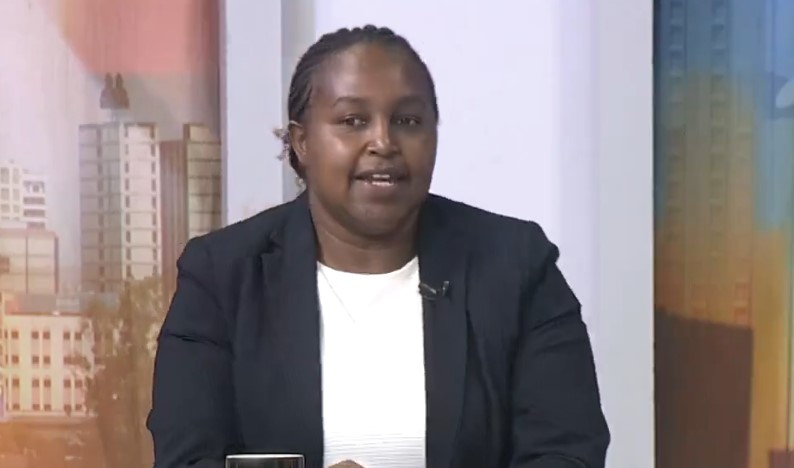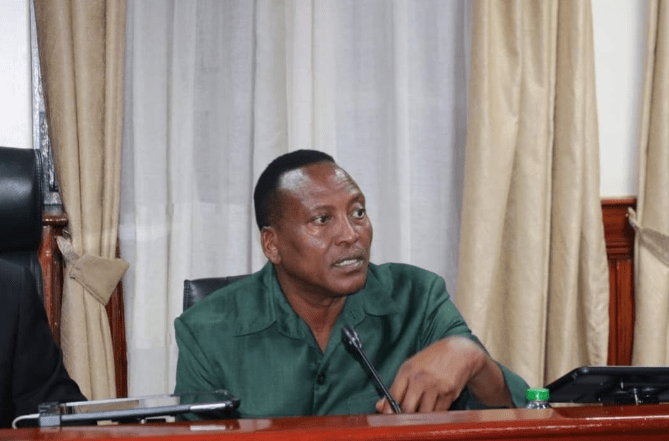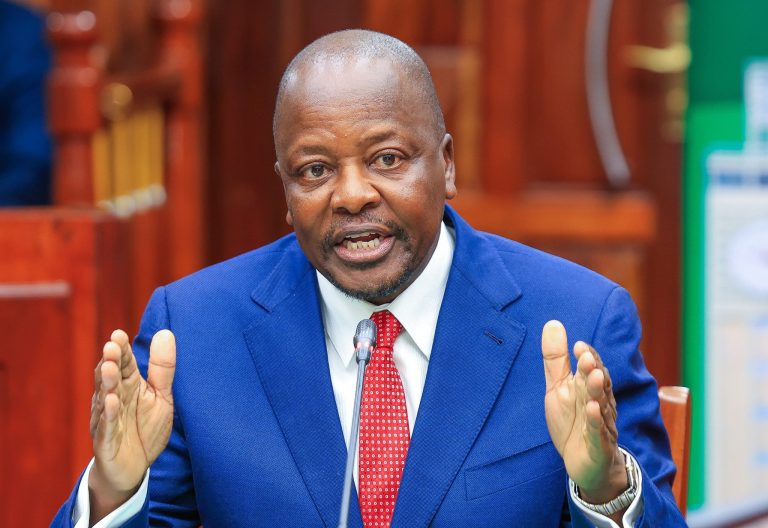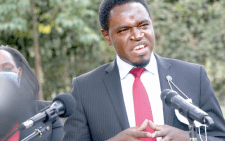Sober debate key to success of Building Bridges Initiative
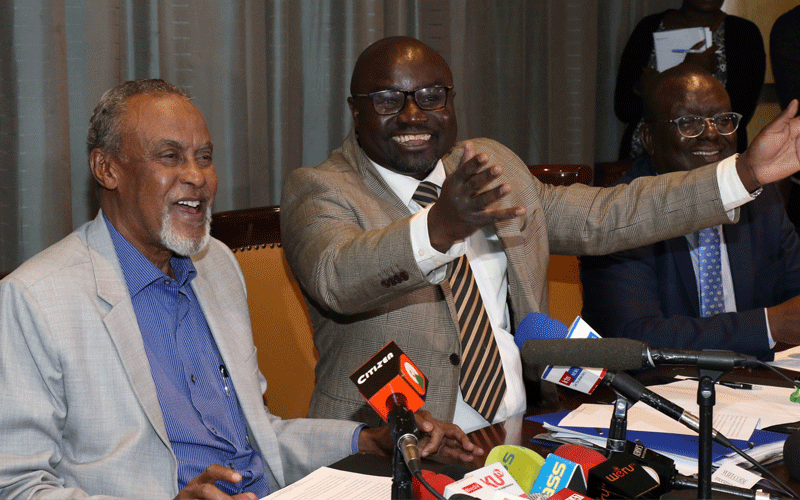
Kenyans have presented considerably radical proposals to the Building Bridges Initiative (BBI). They touch on emotive issues facing particular communities and regions.
Salient issues that have come to fore include land, implementation of the Truth and Justice and Reconciliation Commission and the Ndung’u land report.
For instance, during the BBI meeting in Mombasa, the Coast region made far-reaching proposals, among them demand for a federal government, return of the Port of Mombasa to the management of the region as well as purchase of land from absentee landlords for re-distribution to squatters.
It’s noteworthy that various interest groups have voiced their agenda to the BBI, thrusting the Yusuf Haji-led task force into a delicate position as it crafts a consensus document that would be subjected to a possible referendum.
In Nyanza, leaders pushed for revival of agricultural sector, especially the tea, sugar and pyrethrum sub-sectors as well as strengthening of regional economic blocs by anchoring them in law.
There were calls from northeastern counties for creation of regional governments, county police units and removal of governors’ term limits. The region also pushed for devolution of education.
But the most radical that drew mixed reactions were from the Maasai leaders, who expressed themselves strongly on community land rights.
The Maasai and Northeastern leaders were also concerned about perceived marginalisation, which they want addressed.
From the presentations so far, it is apparent the country is divided on the most suitable governance structure, with some pushing for a pure presidential system while others have proposed that the country adopts a parliamentary democratic model.
Revival of agriculture and the one-man-one-vote clarion are the issues expected to dominate upcoming BBI conversations in Mt Kenya region this weekend.
It is emerging that the proposals on the Executive, representation and sharing of national wealth are some of the issues that could make or break the campaign, driven by President Uhuru Kenyatta and Opposition chief Raila Odinga.
Given the emotive nature of the proposals, Kenyans must sensitively and soberly debate the veracity of recommendations, especially on cost, ease of implementation and whether they speak to the motives of the BBI unity project.
Care must also be taken to ensure that even as we seek to address historical injustices, we do not open old wounds that could further injure our sense of belonging. We must tread carefully.
